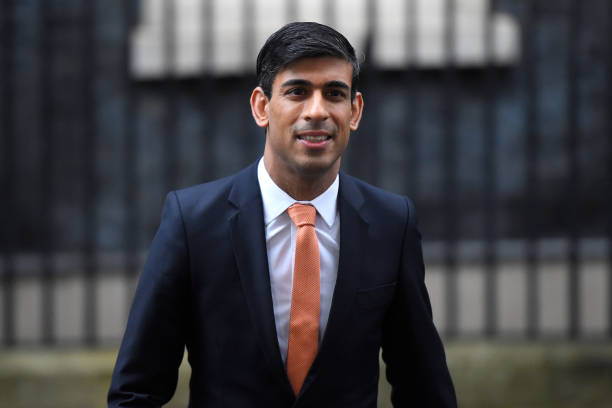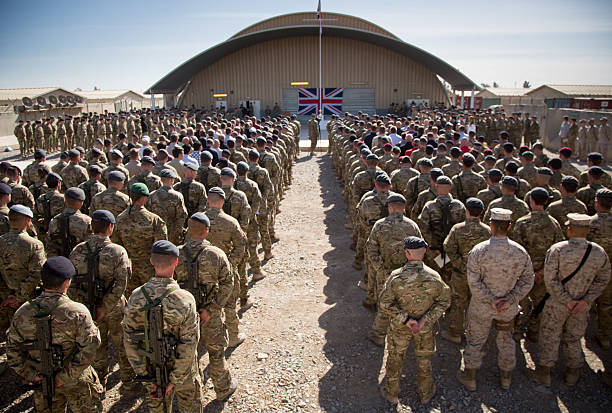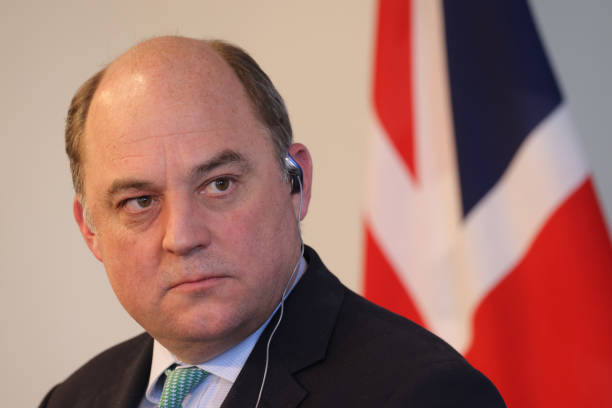In a bid to counter the growing challenges posed by what Chancellor Rishi Sunak describes as an “axis of authoritarian states,” the UK government has announced a significant boost in defence spending. This move comes amidst escalating tensions with countries such as Russia, Iran, North Korea, and China, which Sunak asserts are displaying a “new assertiveness” and increasing collaboration.
During a visit to Poland, Sunak revealed plans to raise UK military spending to 2.5% of national income by 2030, a step up from the previous commitment. Emphasizing that the UK is not on the brink of war, Sunak clarified that the increased funding aims to place the country’s defence industry on a “war footing.”

Labour, too, has committed to the 2.5% target, aligning with the Conservatives on this front, pending favourable economic conditions.
The additional funding, which amounts to £87.1 billion by 2030, aims to address various needs within the Ministry of Defence. It will facilitate the stockpiling of critical ammunition, support ongoing defence programs, and modernize Britain’s nuclear weapons systems. Notably, this investment does not intend to expand the size of the UK armed forces or reverse previous cuts.
The funding will be gradually increased over the next six years, with Downing Street assuring that it will not lead to higher borrowing. Instead, existing plans to shrink the Civil Service and allocate a portion of government research spending will be utilized.

Former Defence Secretary Ben Wallace suggested that the funding increase would involve reprioritizing expenditures, favouring defence over other commitments.
Labour’s Shadow Defence Secretary John Healey expressed scepticism about the Conservatives’ track record on defence spending but reiterated Labour’s commitment to review armed forces resources if elected.

Sunak’s announcement also aims to set a new benchmark for NATO, which has been urging member states to increase defence spending. NATO Secretary General Jens Stoltenberg praised the UK’s leadership in this regard.
The decision to bolster defence spending comes after pressure from Conservative MPs and ministers, highlighting the government’s acknowledgement of the need for a credible plan to address the Ministry of Defence’s financial challenges.
As global threats evolve and tensions rise, the UK’s commitment to strengthening its defence capabilities reflects a proactive stance in safeguarding national security interests.
